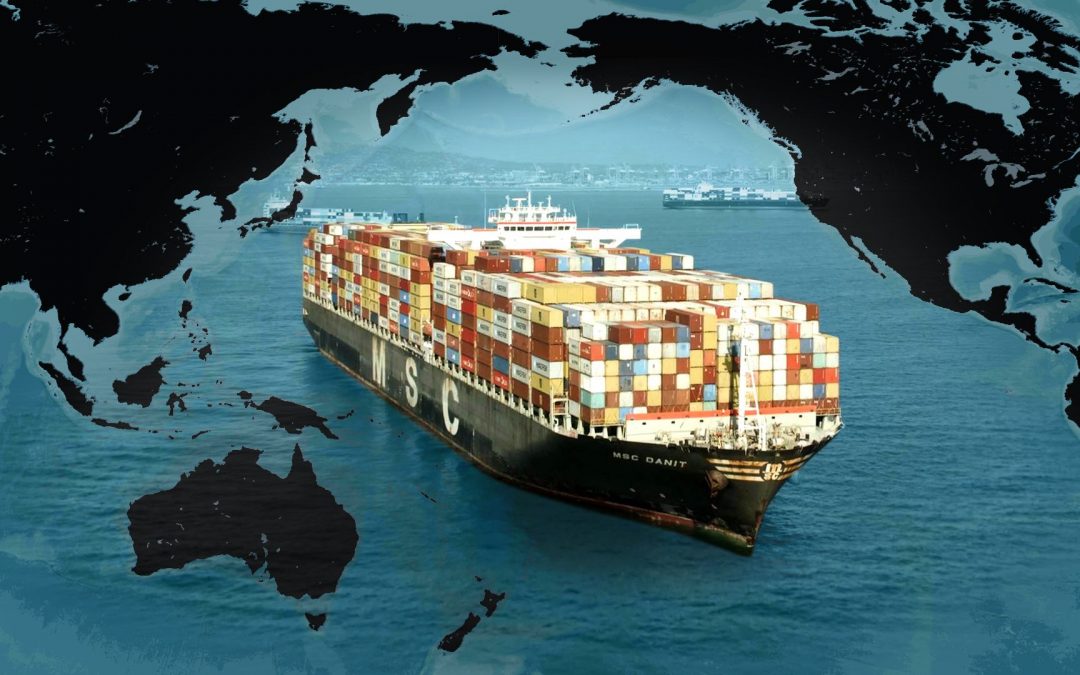Unions representing seafarers and maritime employer groups have come together to sign a new memorandum of understanding (MOU) to take forward the ‘spirit of cooperation’ that marked the shipping industry’s joint efforts throughout the pandemic.
The MOU’s signatories are:
- ITF – the International Transport Workers’ Federation (ITF)
- ICS – the International Chamber of Shipping
- IMEC – the International Maritime Employers’ Council
The MOU is the beginning of a process of deepening dialogue, with the signatory organisations hopeful that more partners would join the common cause in months and years to come.
“Even with all the chaotic stories of supply chain issues during the pandemic, seafarers kept the world supplied with food, fuel and medicines at a critical time. Because of seafarers and other key workers, we were able to beat back the worst of the crisis and begin the long road to economic and health recovery. However, in too many cases, crews had their international and national rights blindly disregarded by national governments,” said David Heindel, chair of the ITF Seafarers’ Section.
“Our industry came together to advocate for seafarers during the crew change crisis, and we had important successes on their behalf. Now we want to take that spirit of cooperation forward and apply it to new, shared challenges,” said Heindel.
Priorities for the group include lobbying governments on improving training and career pathways, pushing for better recognition of seafarers, and securing support for the proposals put out recently in the Maritime Just Transition Task Force’s action plan. The plan will be showcased at the upcoming IMO MEPC environment meeting taking place 12 December in London as the UN’s key maritime body grapples with setting a new carbon reduction target.
ICS Secretary General Guy Platten said the chamber was confident the MOU would bring benefits to shipowners and seafarers alike, including securing the clearer signals from regulators needed for investments in low and zero-carbon vessels, infrastructure and technologies.
“This MOU helps to take our important policy discussions to the next stage – industry action. Together, we are more effective at getting the practical commitments needed to drive decarbonisation.”
“This MOU is about showing seafarers, as much as anyone else, that our industry has not lost sight of what can be achieved on their behalf if we put aside small differences, stand back, and advocate together on crew’s behalf. In short: when it matters, shipping speaks as one.”
IMEC chairman Captain Belal Ahmed also welcomed the memorandum. Maritime employers wanted to be involved with the training elements of the Just Transition work, in particular – engaging with governments, which provide much of the world’s seafarer training and regulate important domestic qualification standards.
“During the pandemic and crew change crisis it was clear just how important national governments are – for our global industry and its global workforce. It was their decisions which determined if seafarers could be relieved and go home. States will be equally as critical when it comes to formulating and resourcing the training systems of tomorrow. When we do have governments’ attention, we must make it count,” said Capt. Ahmed.
Captain Ahmed said that with the rapid introduction of new technology, “Our industry faces a huge challenge to have our seafarers ready in time. Engineering, tech and manufacturing companies involved in introducing new machinery on board ships have a responsibility to join Just Transition efforts,” he said.
“The signing of this MOU sends a clear signal that these important maritime communities are once again engaged in the kind of dialogue that brings strength of voice and stability to our sector’s future,” Capt. Ahmed concluded.
Source: Hellenic Shipping News






